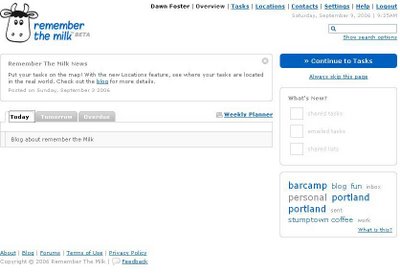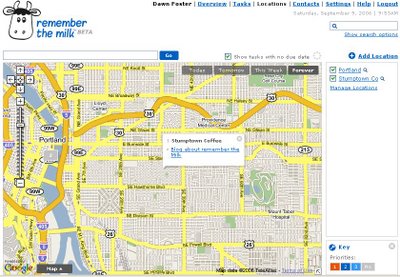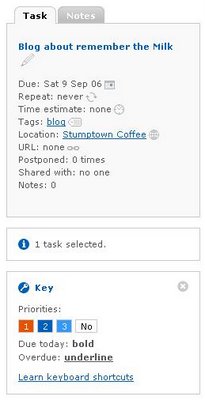 Ever wanted to easily hand out a few Flickr images? Moo has a service that prints your Flickr pictures on one side of a 28mm x 70mm card (about half the size of a standard business card) and contact information or any other text on the other side. As an added bonus to Flickr Pro users, you can get a free 10 pack of cards if you are one of the first 10,000 people to request a set. Others can order the 100 pack for $19.99.
Ever wanted to easily hand out a few Flickr images? Moo has a service that prints your Flickr pictures on one side of a 28mm x 70mm card (about half the size of a standard business card) and contact information or any other text on the other side. As an added bonus to Flickr Pro users, you can get a free 10 pack of cards if you are one of the first 10,000 people to request a set. Others can order the 100 pack for $19.99.
I found out about this service on TechCrunch where many people leaving comments were getting a bit too hung up on whether or not people would use them as business cards. I tend to agree with some of the comments. Most professionals would not use these as business cards with the exception of a few artistic professions; however, looking outside of the business card box, I can think of several creative ways to use these cards.
- Something cool and unusual to use in a more casual setting with friends and family.
- Commemorative items for weddings, birthday parties, or some other event with pictures on one side and event details on the other.
- Teenagers and college students using cards to share their email address, IM, cell number, and maybe a MySpace / Friendster account with new friends.
- Invitations to an event.
Moo says:
“…business cards are boring.
In an ambitious reinvention, that will address both form and function, MOO will take the business card back to its roots as a sophisticated social tool for non-business use and will introduce a new, advanced generation of calling card for the networked, mobile and social young communities of today. If you’re reading this, that’s you.” (Quote from Moo.com)





